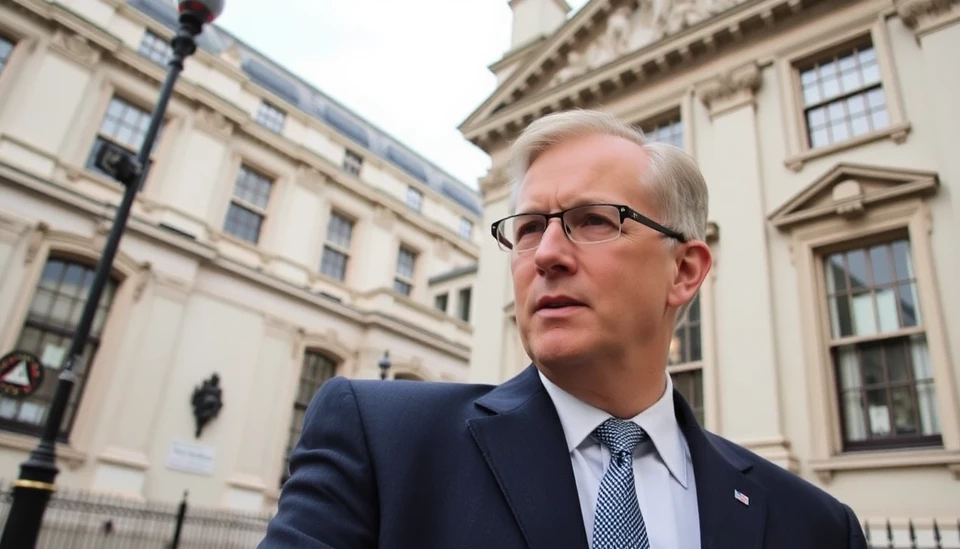
The Bank of England (BoE) is gearing up to make pivotal decisions regarding its monetary policy, signaling a hawkish tilt that could have significant implications for the UK economy. As the central bank prepares for its upcoming meeting, experts anticipate discussions centered on inflation rates and potential interest rate hikes that could affect millions of households and businesses across the nation.
In recent months, the UK has seen persistent inflationary pressures, exceeding the BoE's target rate of 2%. Analysts suggest that the central bank is now in a position where it may have to respond aggressively to curb rising prices, which have been driving up the cost of living. With inflation reaching levels not seen in decades, the pressure on the central bank has intensified, leading many to speculate that a shift in policy will be imminent.
The upcoming BoE meeting is closely watched by market participants, economists, and policymakers alike. A more hawkish stance could include the acceleration of interest rate increases, as the central bank aims to restore price stability. Such a pivot would align with global trends, where central banks across various economies have already begun tightening their monetary policies in response to similar inflation concerns.
Market analysts have been closely monitoring the recent economic data, which indicates a mix of solid consumer spending and resilient labor market conditions. However, these factors are countered by rising costs in essential areas such as energy and food. As a result, the central bank may feel compelled to strike a delicate balance between fostering economic growth and managing inflation risks.
The potential implications of a hawkish tilt from the BoE extend beyond immediate interest rate decisions. Homeowners with variable-rate mortgages may face higher monthly payments, while businesses could see increased borrowing costs, which may dampen investment plans. Moreover, such a shift could affect currency exchange rates and international trade dynamics, as higher interest rates may attract foreign investment but also increase the cost of UK exports.
In conclusion, the Bank of England is at a critical juncture where its decisions will resonate throughout the UK economy. As inflation continues to pose challenges, the central bank's likely movement towards a hawkish strategy could be a defining moment in its approach to monetary policy, signaling a commitment to tackle inflation head-on while carefully navigating the potential economic fallout.
As stakeholders await more clarity, the financial markets will continue to react to any hints dropped by BoE officials leading up to the meeting, positioning themselves for what could be transformative monetary policy shifts in the near future.
#BankOfEngland #MonetaryPolicy #InterestRates #Inflation #UKEconomy #EconomicGrowth #HawkishTilt
Author: Rachel Greene




